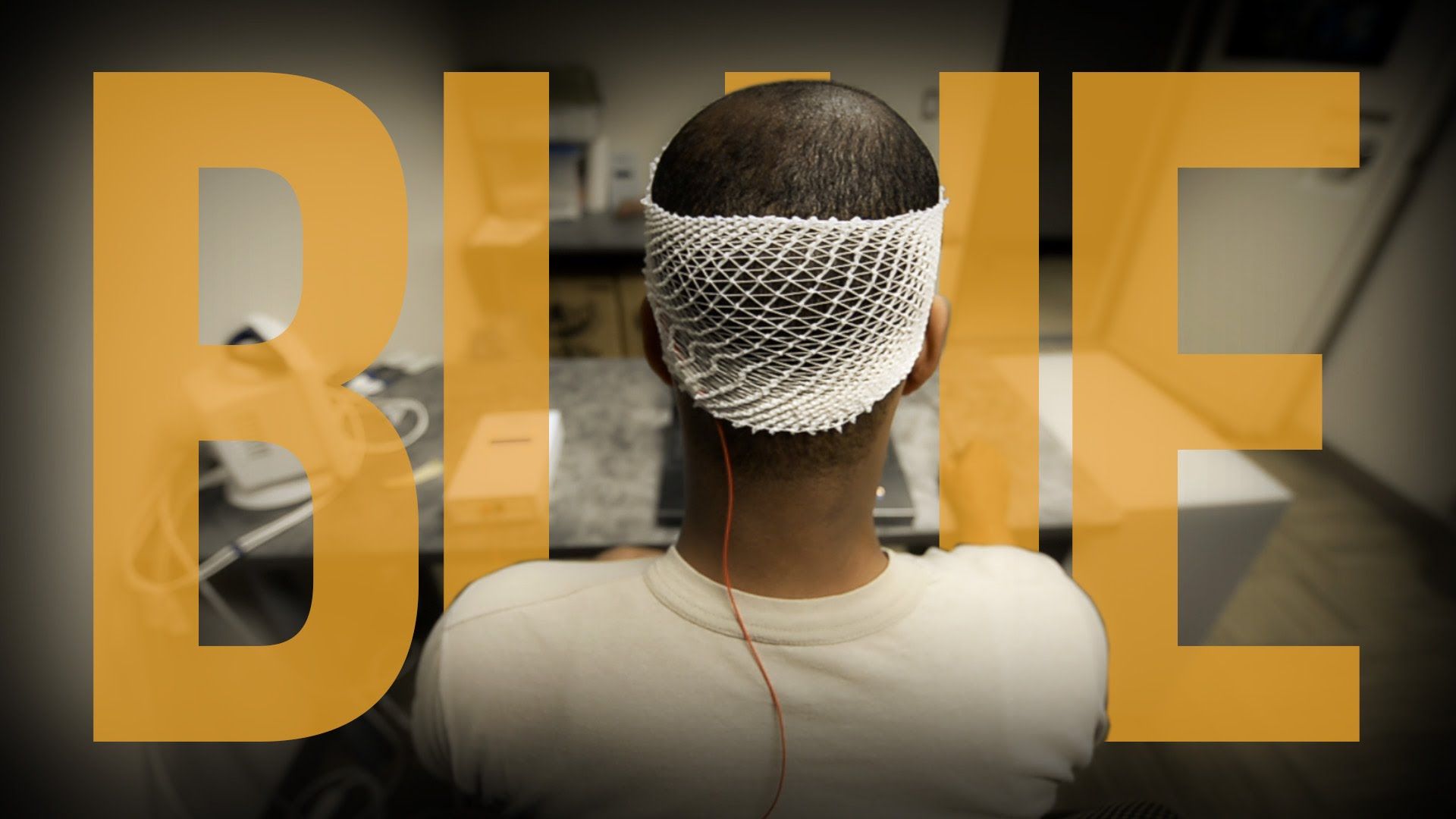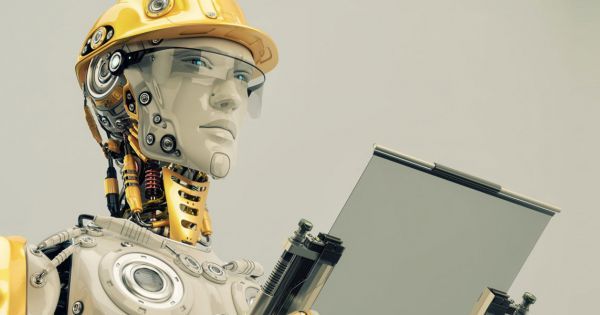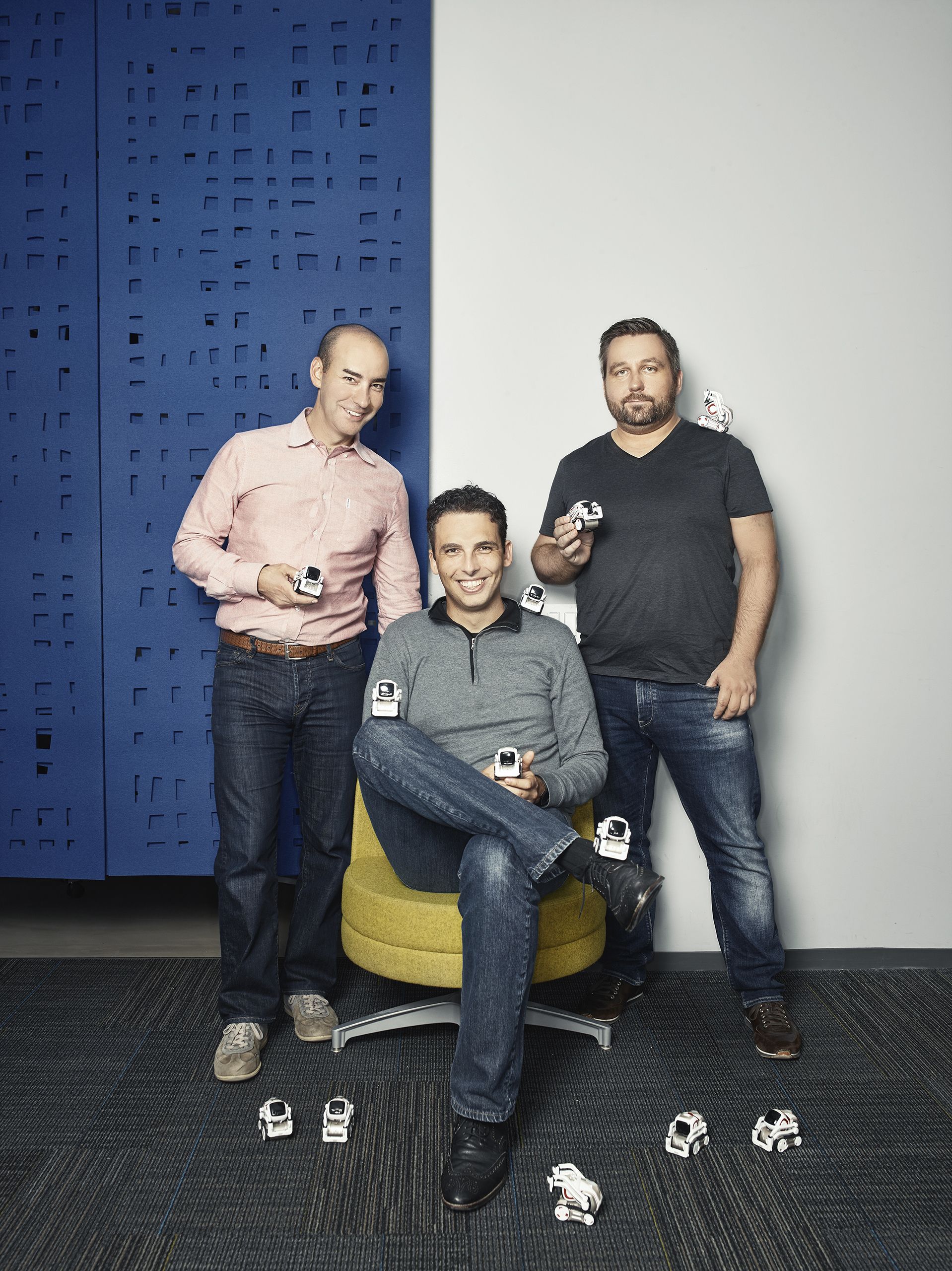Archive for the ‘government’ category: Page 200
Dec 6, 2016
Conroy’s quantum warning: be ready
Posted by Karen Hurst in categories: computing, economics, government, quantum physics, security
More folks warning others that you better be planning for a QC transformation as it is coming and is going to be probably the largest scale transformation the we have seen in the history of technology.
Former communications minister, Stephen Conroy has warned that Australian government technology decision makers need to start preparing for the development of quantum computing.
The former senator made the warning during a panel session at the Australian Computer Society’s Reimagination conference late last week. While still in its nascent development stages, the former minister for broadband communications and the digital economy said that it could have major national security implications.
Dec 3, 2016
Should tech grads pick defense over Silicon Valley?
Posted by Karen Hurst in categories: cybercrime/malcode, drones, engineering, government, military, neuroscience
Hmmmm.
Sam Gussman arrived four years ago at Stanford University hoping to eventually parlay an engineering degree into a product manager job at Google or Facebook.
Working for the National Security Agency or other intelligence bureaus never crossed his mind. For Gussman, the government didn’t seem like the place for the most exciting, cutting-edge research in human computer interaction — his area of interest. Plus, it did no on-campus recruiting, unlike the many tech startups that e-mailed him daily about job opportunities and happy hours.
Continue reading “Should tech grads pick defense over Silicon Valley?” »
Dec 3, 2016
The Dawn of AI: Congress Is Discussing What We’ll Do in a World Run by Robots
Posted by Elmar Arunov in categories: government, robotics/AI, space
In Brief
- Last week’s US Senate Subcommittee on Space, Science, and Competitiveness focused on the impact AI has in various sectors of US society.
- Scientists predict that investments in AI will increase by more than 300 percent over the next few years, meaning AI will have a more prominent role in society.
Senator Ted Cruz opened up last Wednesday’s hearing by the US Senate Subcommittee on Space, Science, and Competitiveness with a description of the changing landscape of technology: “Whether we recognize it or not, artificial intelligence is already seeping into our daily lives.”
Senator Cruz explained that scientists are predicting how investments in AI will increase by more than 300 percent in the next few years, which means AI will have a more prominent role in society. With that in mind, the subcommittee’s hearing focused on the impact AI has in various sectors of US society, and how to best ensure US leadership in AI development.
Continue reading “The Dawn of AI: Congress Is Discussing What We’ll Do in a World Run by Robots” »
Dec 1, 2016
To fix its failing veteran healthcare system, the US Dept. of Veteran Affairs looks to AI
Posted by Karen Hurst in categories: biotech/medical, government, health, robotics/AI
AI (someday once things are more secured) is going to drastically reduce our cost of government. At least the VA believes AI is going to make them better at treating folks; my guess it’s a mix of cost saving potential via automation and improving diagnosis.
Flow Health and the VA are building a medical knowledge graph with deep learning to inform medical decision-making and train AI to personalize care plans.
Dec 1, 2016
Artificial Intelligence Invades the Home … In Toys
Posted by Shane Hinshaw in categories: government, habitats, robotics/AI
The first thing I learned about Cozmo is that it doesn’t like to stay put very long. Roused from slumber, the little robot’s face illuminates, and it begins zooming around the table in front of me. A moment later, it notices I’m watching and turns to greet me, saying my name with a computerized chirp.
Cozmo, which came out on Oct. 17, is the latest toy from six-year-old San Francisco startup Anki. It’s also an attempt to bring the burgeoning fields of robotics and artificial intelligence to consumers. While companies large and small work on both, applications tend to be in high-end computing, defense and government. Anki is betting toys will give the technologies a foothold at home. And Gartner predicts sales of such smart toys will grow, globally, from 8 million units this year to 421 million by 2020.
Toymakers have been cramming circuit boards and wireless chips into their products for years. Mattel and Hasbro, for example, sell high-tech versions of classics Barbie and Furby. But toys like Cozmo differ in the way they interact with the people and objects around them, changing their behavior over time as their software “learns.” Right out of the box, cameras and sensors allow Cozmo to recognize individuals, avoid falls or bumping into obstacles and play simple games like keep-away. But Anki says it will evolve; in December it will be able to recognize pets and learn new words. “Every input trigger, no matter what happens to him, will influence his future behavior,” says Hanns Tappeiner, Anki’s president.
Continue reading “Artificial Intelligence Invades the Home … In Toys” »
Dec 1, 2016
Neuroscience Is a Tool of War
Posted by Karen Hurst in categories: biotech/medical, computing, drones, government, military, neuroscience

What could once only be imagined in science fiction is now increasingly coming to fruition: Drones can be flown by human brains’ thoughts. Pharmaceuticals can help soldiers forget traumatic experiences or produce feelings of trust to encourage confession in interrogation. DARPA-funded research is working on everything from implanting brain chips to “neural dust” in an effort to alleviate the effects of traumatic experience in war. Invisible microwave beams produced by military contractors and tested on U.S. prisoners can produce the sensation of burning at a distance.
What all these techniques and technologies have in common is that they’re recent neuroscientific breakthroughs propelled by military research within a broader context of rapid neuroscientific development, driven by massive government-funded projects in both America and the European Union. Even while much about the brain remains mysterious, this research has contributed to the rapid and startling development of neuroscientific technology.
Nov 30, 2016
Silicon Valley Startups Enter the Space Race
Posted by Klaus Baldauf in categories: Elon Musk, government, space travel
“The two options looked like going to work at NASA or going to work with a large corporation that was fulfilling space contracts with the government — a Boeing, a Lockheed or Northrup,” said the partner at San Francisco-based Founders Fund.
Then Elon Musk founded Space Exploration Technologies Corp. — SpaceX — and Nolan became its first intern in 2003. The internship turned into a full-time gig developing reusable Dragon capsules at SpaceX and working on rocket propulsion, giving Nolan — who now invests in space startups — a front-row seat for the “New Space” race.
Musk’s Southern California company, which raised $1 billion early this year from Google and others at a $10 billion valuation, dramatically cut the cost of launching a space mission from $1 billion down to tens of millions.
Continue reading “Silicon Valley Startups Enter the Space Race” »
Nov 20, 2016
Planetary Resources And The Government Of Luxembourg Announce €25 Million Investment and target 2020 asteroid mining mission
Posted by Klaus Baldauf in categories: economics, finance, government, space travel

Planetary Resources, Inc., the asteroid mining company, announced today that it has finalized a 25 million euro agreement that includes direct capital investment of 12 million euros and grants of 13 million euros from the Government of the Grand Duchy of Luxembourg and the banking institution Société Nationale de Crédit et d’Investissement (SNCI). The funding will accelerate the company’s technical advancements with the aim of launching the first commercial asteroid prospecting mission by 2020.
Planetary Resources’ Arkyd 6 is equipped with the first commercially licensed mid-wave infrared imager, an essential tool for detecting water on asteroids. Two spacecraft are completed and will test this technology on orbit. Planetary Resources’ President & CEO Chris Lewicki and Luxembourg’s Deputy Prime Minister Etienne Schneider pictured with the Arkyd 6 in Planetary Resources’ clean room facility in Redmond, Washington.
Nov 17, 2016
AT&T Exec: Artificial Intelligence Will Help Us Run a Better Network
Posted by Karen Hurst in categories: government, internet, robotics/AI
DALLAS — AT&T is experimenting with artificial intelligence (AI) and combining it with software-defined networking (SDN) and network functions virtualization (NFV) to figure out a better way to run its network.
Speaking on a panel at the 5G North America conference, Brian Daly, director of core network and government regulatory for AT&T, said that the company is looking at AI as a way to operate its network more efficiently by using it to make decisions that currently might require human interaction today. “We see AI combined with SDN and NFV as a way to provide us with efficiencies that may not exist today,” Daly said.













